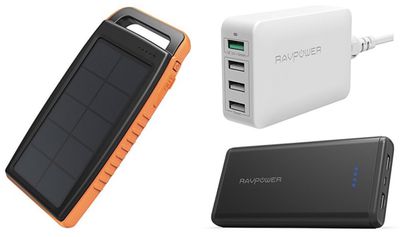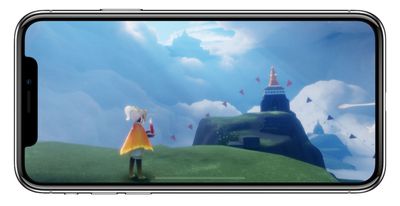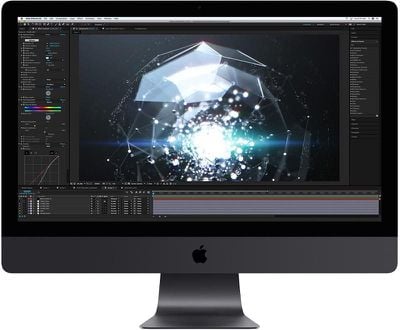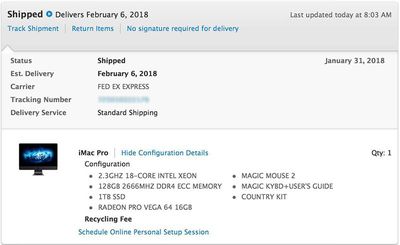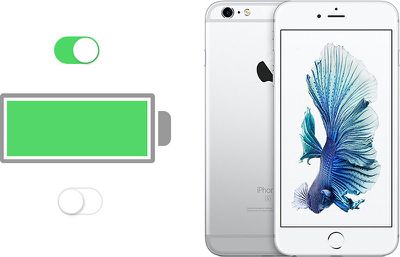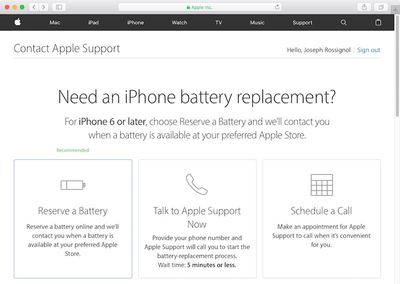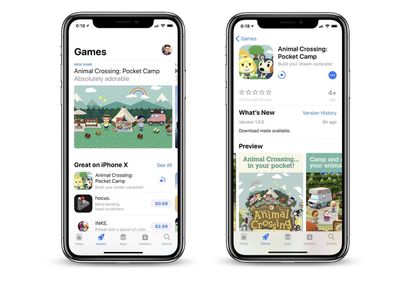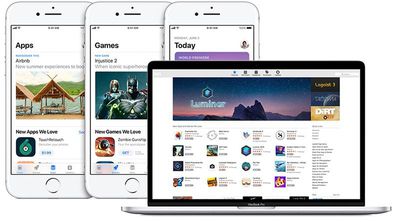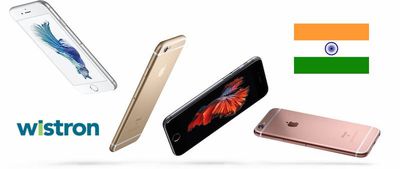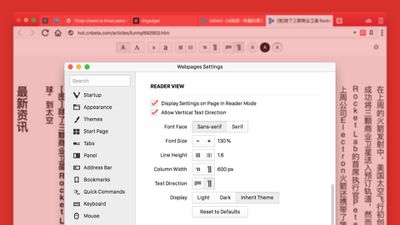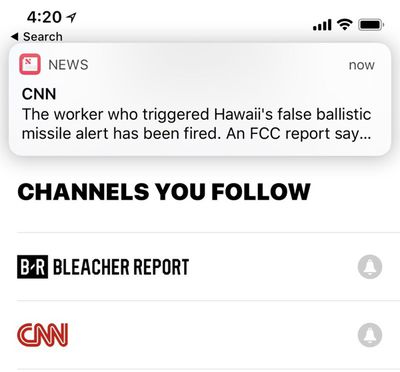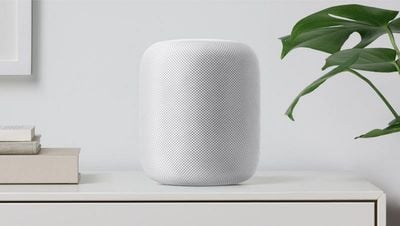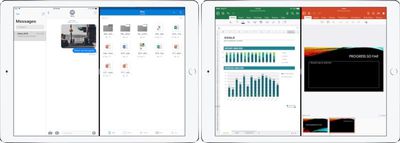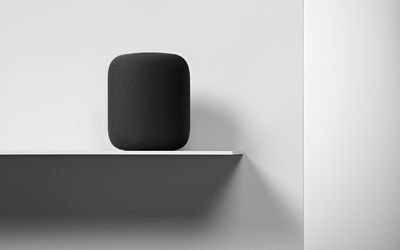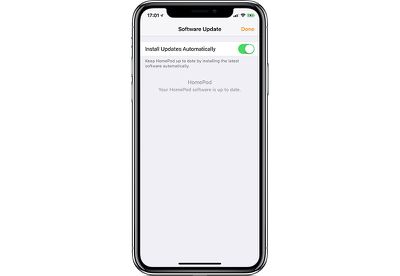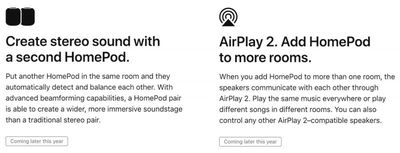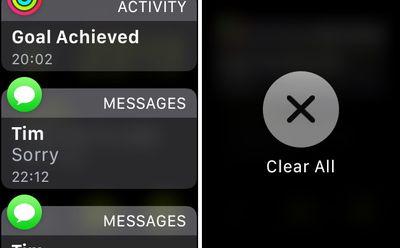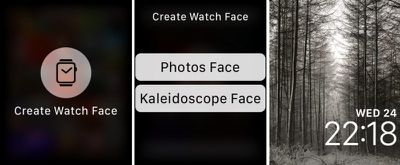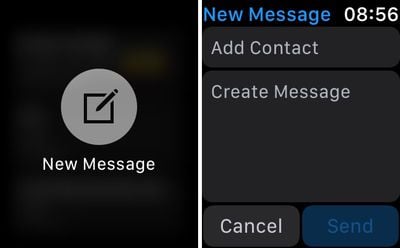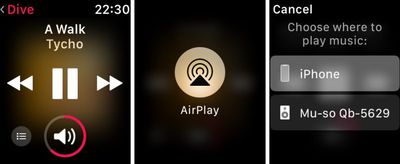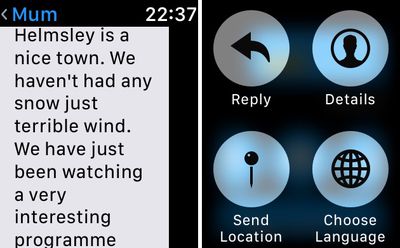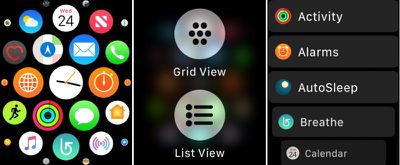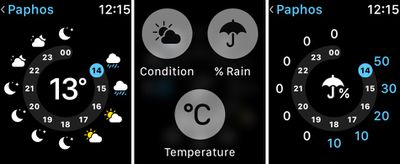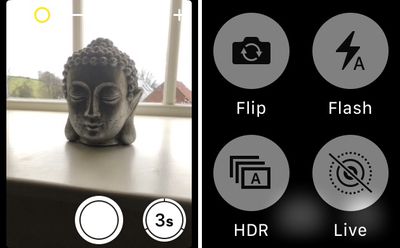Over on our YouTube channel, we've started a new monthly video series highlighting new, interesting, and useful iOS apps that we think are well worth checking out.
With so many apps available in the iOS App Store, it can sometimes be hard to find new content, and it's easy to overlook some older apps that are also great. Our app lists will include both older and newer apps that we personally recommend and have used over the course of the month.
This month's video includes apps that run the gamut from productivity to exercise, and we've also included our favorite game of the month. All of the apps we mention are listed below with download links:
Bear (Free) - Bear is a writing, coding, and note taking app that has a clean, simple interface and a rich feature set. It's available on iOS and Mac devices, and it offers Apple Pencil support, todos, multiple export options, an Advanced Markup Editor with support for more than 20 programming languages, SmartData Recognition, in-line images and photos, hashtags for organization, and more.
Bear is free to download, but if you want to sync your notes between your devices, unlock themes, and use advanced exporting options, you'll need to pay $1.49 per month or $14.99 per year for a subscription.
Workout (Free) - There are an endless number of workout apps available from the App Store, but we're highlighting Workout for its easy-to-create workout plans, tutorial videos, progress tracking, and exercise database. Workout is free to download, but to unlock all of the features, you'll need a subscription. It's $15 for one month, $30 for a year, or $40 for lifetime access.
Adobe Spark Video (Free) - Adobe's Spark Video app is designed to allow anyone - even someone who is new to video editing - to create high-quality videos from video clips and photos in a matter of minutes. It's a great way to spruce up your Instagram and Facebook videos.
A Color Story (Free) - A Color Story is a photo editing app that has tons of preset filters and effects you can apply to your photos, similar to popular app VSCO. You can choose a filter and then add effects like bokeh, confetti, color overlays, or light flares. The best feature is batch edit, which lets you get the same effect on multiple photos at once.
A Color Story is free with some filters unlocked, but adding additional filters will require in-app purchases.
The Room: Old Sins ($4.99) - The Room: Old Sins is the fourth game in the popular The Room series, and this one has the same escape room-style puzzles you've come to know and love from past games. Old Sins takes place in a super creepy dollhouse and it's well worth checking out if you loved the other games in the series. Check out our sister site TouchArcade's review for more details.
If you're looking for great Mac apps that are worth downloading, make sure to check out our list of five essential apps for the Mac. And if you have favorite iOS apps, share them with us - we'll be highlighting interesting, useful iOS apps on a monthly basis.


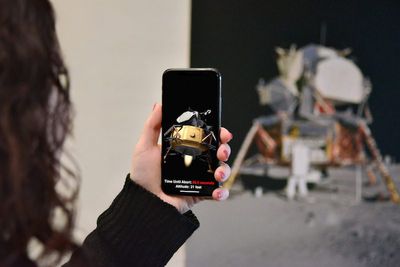

 Note: MacRumors is an affiliate partner with these vendors. When you click a link and make a purchase, we may receive a small payment, which helps us keep the site running.
Note: MacRumors is an affiliate partner with these vendors. When you click a link and make a purchase, we may receive a small payment, which helps us keep the site running.